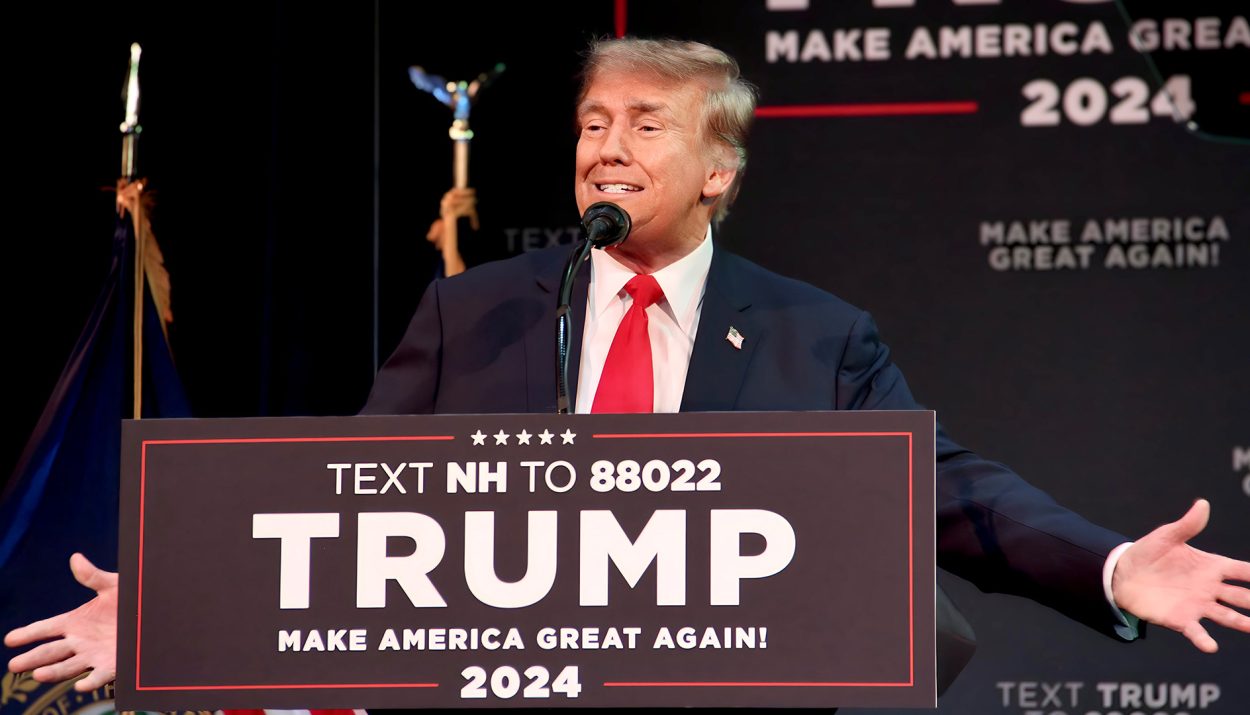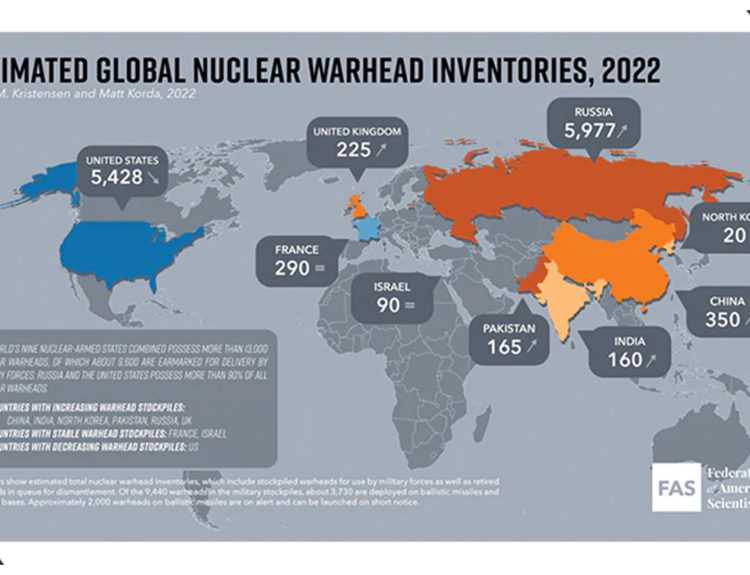Recently, a fundraiser linked to former President Donald Trump has raised legal concerns over potential violations of campaign finance laws.
Organized by Border911, a charitable organization associated with Trump, the event has sparked controversy regarding its adherence to IRS regulations.
Historical Background of Campaign Finance Laws and Their Evolution
Campaign finance laws have undergone significant transformations throughout the history of American politics. From the Tillman Act of 1907 to the Bipartisan Campaign Reform Act of 2002, regulations have aimed to curb money’s influence in elections and maintain fairness and transparency.
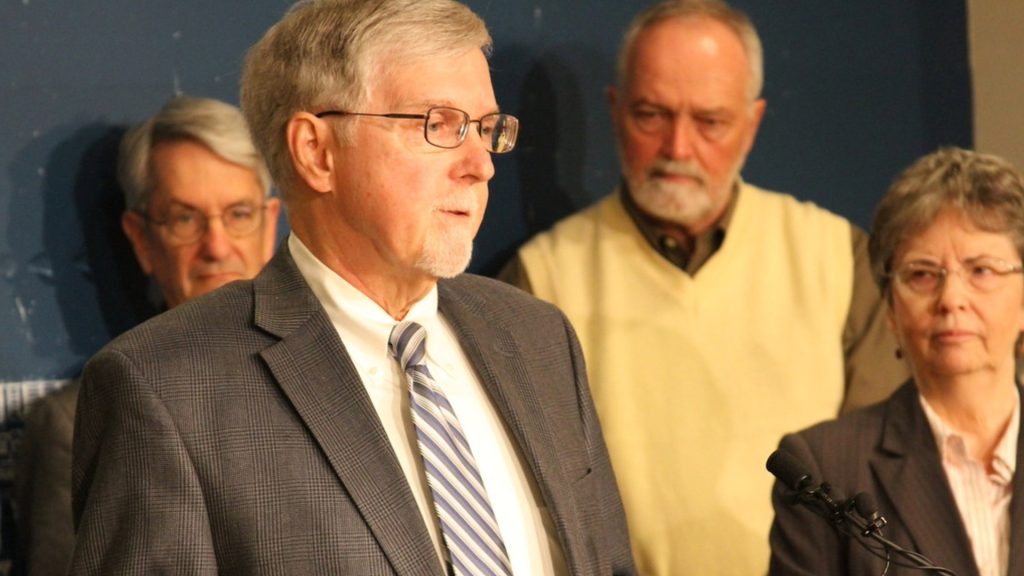
Experts highlight the substantial changes these laws have experienced, from early regulations like the Tillman Act to modern reforms such as the Bipartisan Campaign Reform Act, with the consistent aim of ensuring fairness and transparency in elections.
Trump’s Fundraising Involvement Raises Concern
Donald Trump’s involvement in fundraising events, mainly through charitable organizations, adds a new dimension to the debate on campaign finance.
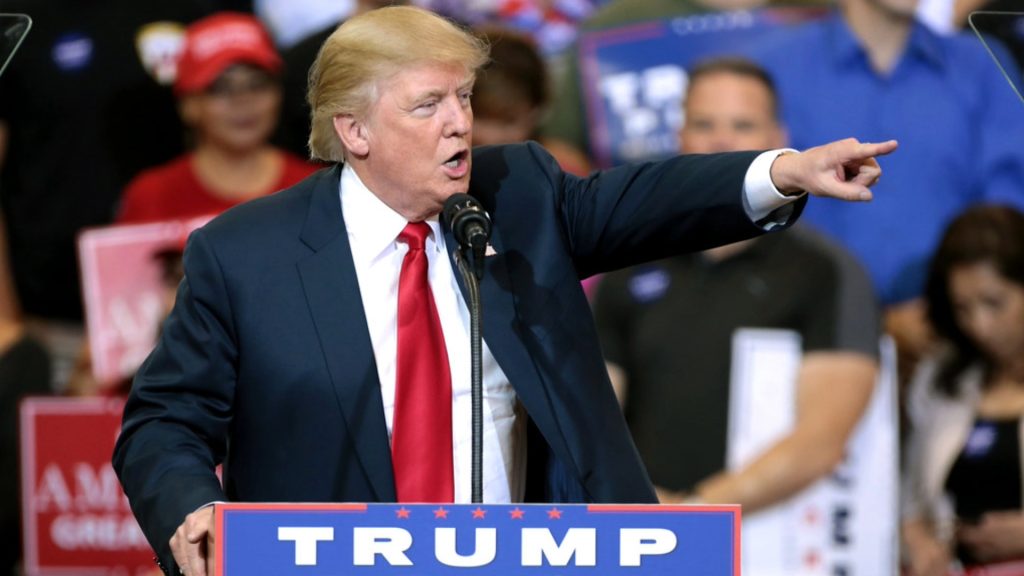
His ties to Border911 raise concerns about potential violations of IRS rules, which are charities “are absolutely prohibited from directly or indirectly participating in, or intervening in, any political campaign on behalf of (or in opposition to) any candidate for elective public office.”
Border911 Gala Raises Legal Concerns Over Trump’s Involvement
The recent Border911 gala, attended by Donald Trump and organized by a charitable organization led by his former immigration chief, Tom Homan, has sparked legal concerns.
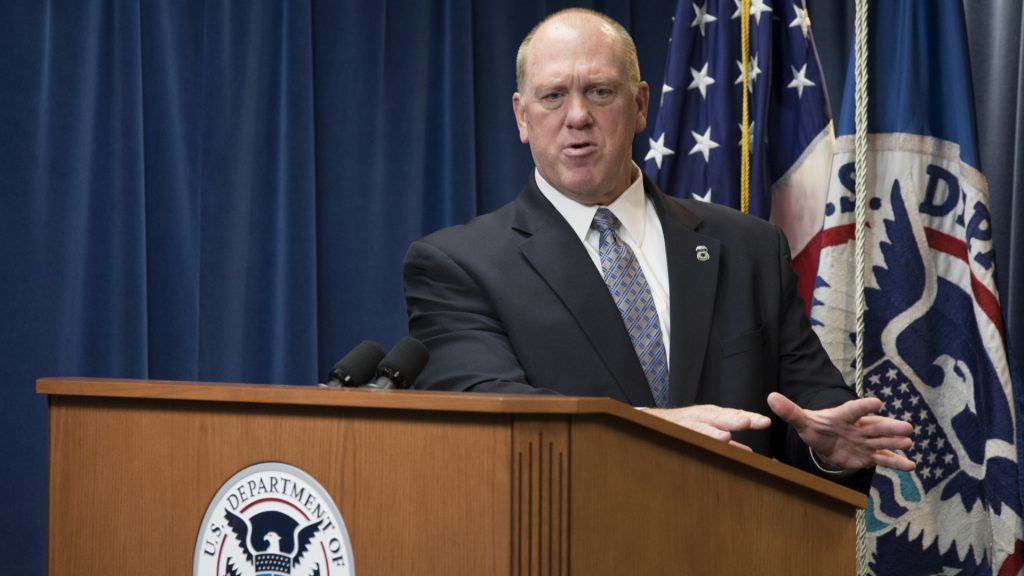
Despite advocating for border security without explicitly endorsing Trump, the event’s high-ticket prices and ties to the former president raise questions about potential violations of IRS rules prohibiting charities from involvement in political campaigns.
Eric Lisann Warns of The Potential Consequences for Violating IRS Rules
Eric Lisann, a former federal and state prosecutor, warned on X, formerly Twitter, that if the fundraiser benefited Trump, the organization could risk losing its tax-exempt status. Lisann highlighted that Trump and others could also face taxation on the private benefits.
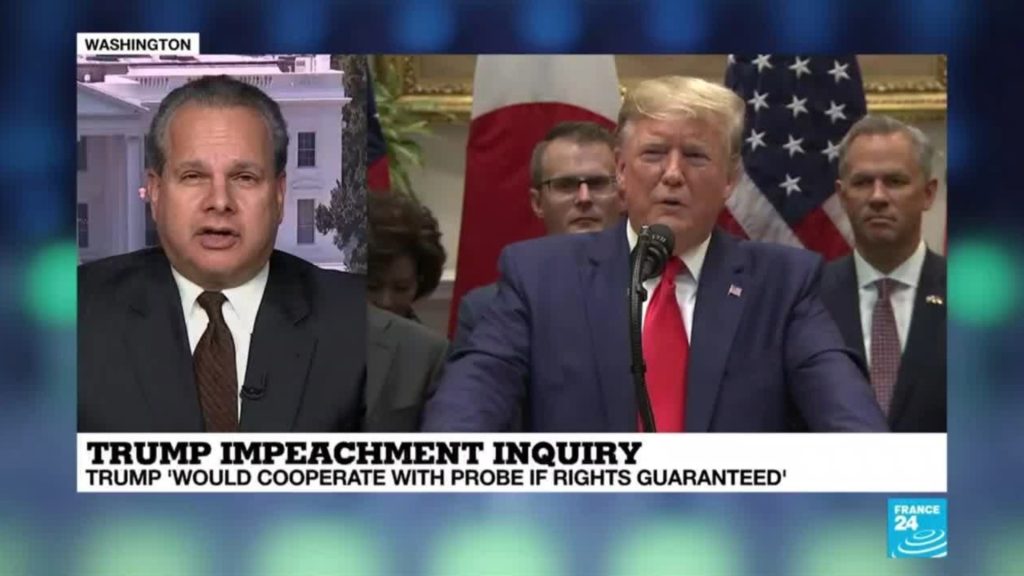
Violating IRS regulations prohibiting charities from participating in political campaigns could have severe consequences for Border911. Proven breaches of these rules could result in loss of tax-exempt status and potential taxation on private benefits.
The public calls for Accountability and Transparency
Public scrutiny surrounding the fundraiser emphasizes the importance of accountability and transparency in political fundraising.

Questions raised by legal experts and concerned citizens demand clarity regarding the legality of Border911’s actions.
Border911’s Responds and Pledges to Rectify Compliance Issues
Representatives from Border911 have acknowledged the need to rectify any compliance issues promptly.

Plans to register as a 501(c)(4) entity with the IRS signal the organization’s commitment to ensuring adherence to federal regulations.
Homan Addresses Compliance Concerns with Border911 Operations
In March, when Homan was questioned about Border911’s adherence to IRS regulations, Homan informed ABC News that any potentially problematic messaging was “unintentional.”
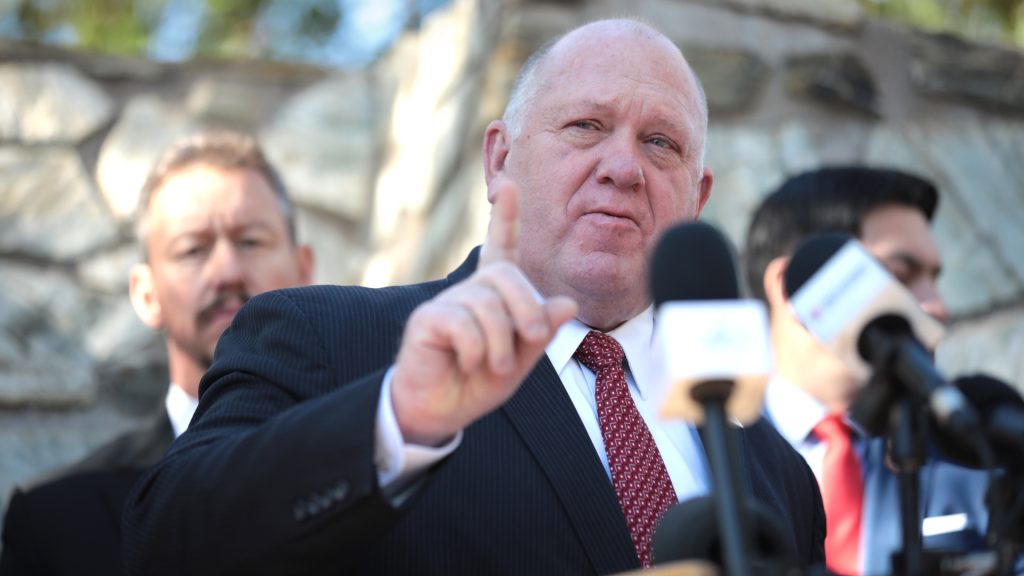
He emphasized, “We are making changes quickly to ensure we stay in compliance with [federal] rules.”
Attorney Confirms Border911’s Commitment to Compliance and Cleanup Efforts
Steve Lentz, an attorney working with Border911, assured ABC News that the organization now understands they can’t support candidates openly or secretly. Lentz said any mistakes made were accidental, not on purpose.

He reiterated Homan’s commitment to rectifying any issues, stating, “Anything improper that may have happened is inadvertent, it’s not intentional. And Tom is very committed to cleaning it up. As a former law enforcement officer, he wants to follow the law.”
Lentz and Homan Plan 501(c)(4) Registration for Border911’s Political Engagement
Lentz mentioned that he and Homan were working on registering a 501(c)(4) entity with the IRS for Border911. This registration would allow the organization to engage in political activities legally.
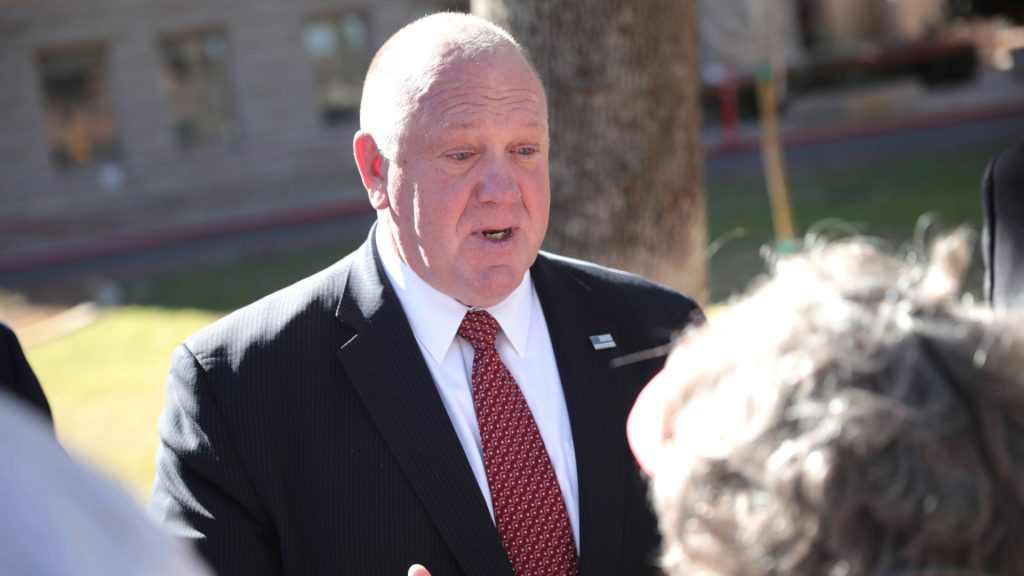
Unlike charities, 501(c)(4) organizations can participate in election activities and lobby members of Congress. However, donations made to these organizations are not tax-deductible. This move indicates Border911’s intention to comply with IRS regulations while actively engaging in political advocacy.
Understanding Legal Boundaries in Fundraising
The controversy surrounding the Trump fundraiser serves as a reminder of the importance of understanding and respecting legal boundaries in political fundraising.
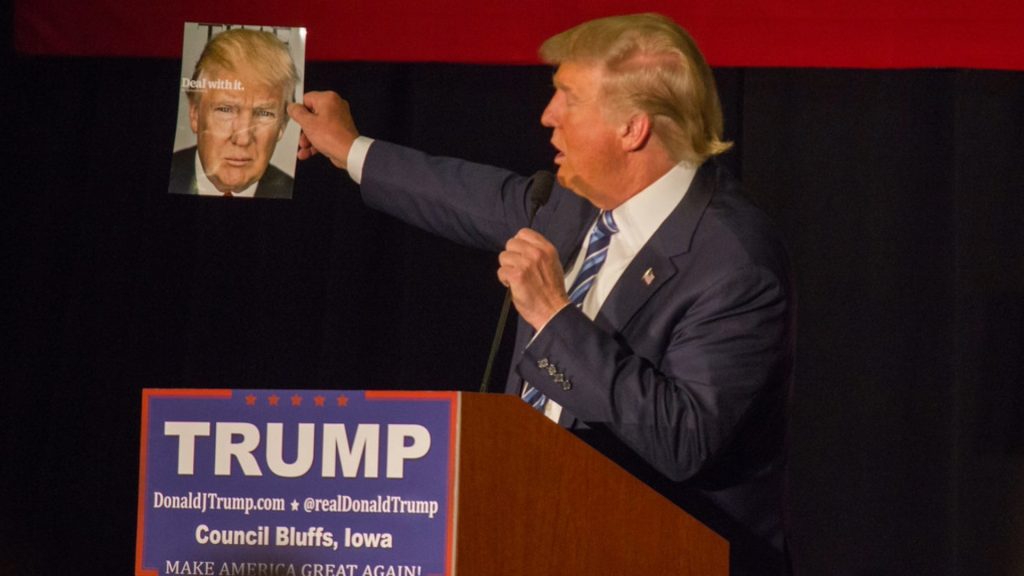
Both charitable organizations and political figures must navigate these boundaries cautiously to avoid legal repercussions. Beyond legal obligations, ethical considerations in political fundraising must be addressed. Upholding principles of fairness, integrity, and impartiality is essential for maintaining public trust in the electoral system.
Shaping Campaign Finance Regulations
The outcome of investigations into Border911’s activities could shape the future landscape of campaign finance regulations.
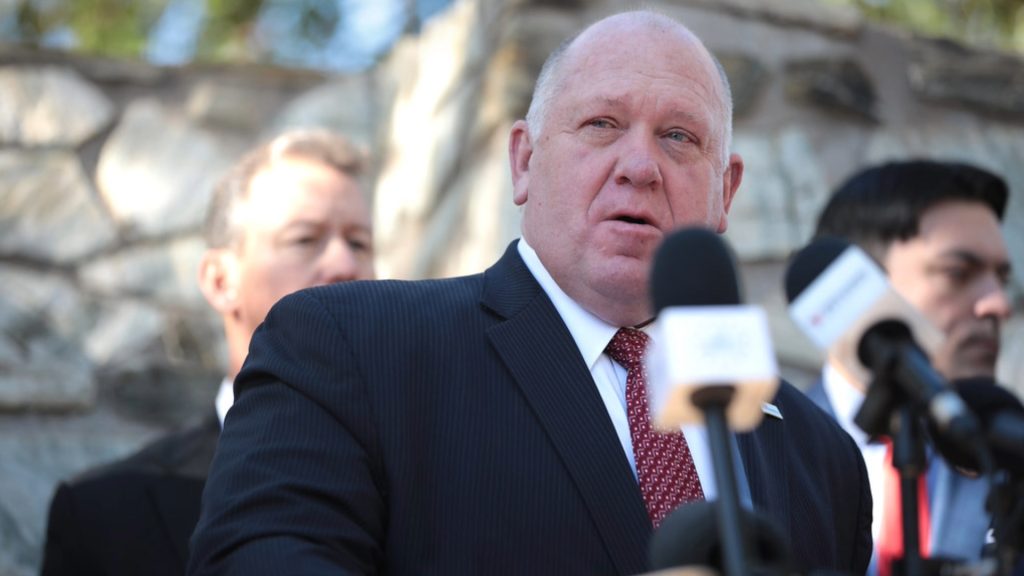
Decisions made regarding the legality of the fundraiser may set precedents for similar cases in the future. Also, Citizen engagement in scrutinizing political fundraising practices empowers individuals to advocate for transparency and compliance. By staying informed and voicing concerns, citizens contribute to holding organizations and political figures accountable.
Border911’s Charitable Work and Political Advocacy Dilemma
Observers highlight the delicate balance Border911 faces between its charitable mission and political advocacy.

The organization may have unintentionally blurred the lines between these two spheres by hosting a fundraiser attended by Trump.
Advocating for Campaign Finance Transparency and Reform
Media coverage shapes public opinion on campaign finance laws, highlighting potential violations and legal ramifications. This fosters informed civic engagement, empowering individuals to advocate for transparency and compliance.

The recent controversy surrounding the Trump fundraiser highlights the ongoing need for campaign finance reform. This reform should address systemic challenges and close loopholes to preserve the integrity of the electoral process.
Moving Forward Towards Greater Transparency and Compliance
As investigations continue, the focus remains on promoting greater transparency and compliance in political fundraising.
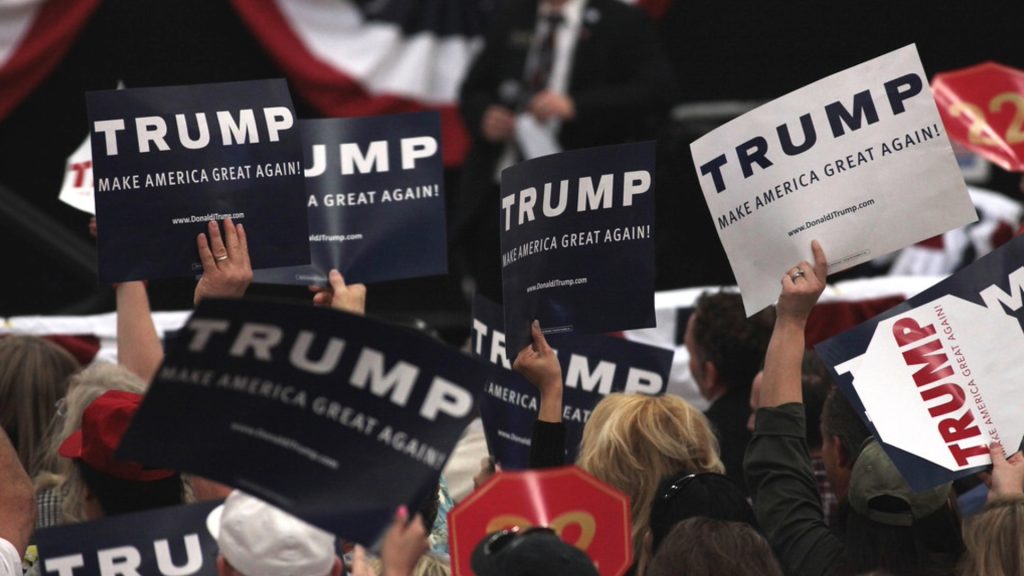
Learning from past mistakes and reinforcing legal and ethical standards are essential for a more accountable and equitable electoral system.

